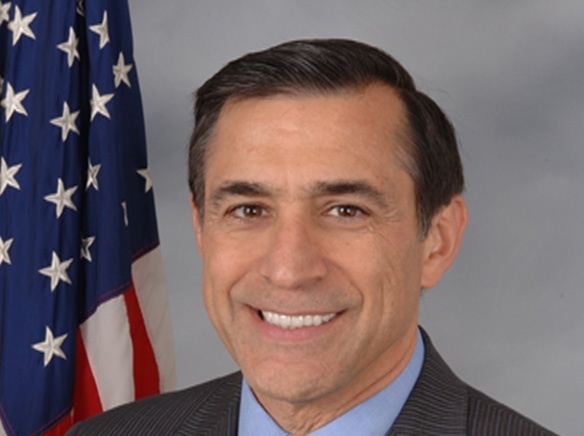Imagine receiving a call late at night, possibly after you’ve already gone to bed. You answer the phone and a frantic-sounding voice breathlessly says, “Grandma! Thank God you picked up! I’ve been arrested! I need help or I’m going to jail!” You reply, “David, is that you?” not quite sure which grandchild might be on the line. “Yes! Please help!” This is the beginning of the grandparent scam.
Sometimes, the imposter has details obtained from your actual grandchild’s social media posts and may mention them to sound more convincing. Then, the scammer might hand the phone over to another bad actor who pretends to be a police officer, an attorney, or a bail bondsman. Nearly always, the scammer begs you not to contact mom or dad.
Seniors have long been a favorite target of con artists who will stop at nothing to swindle them. With the onset of COVID-19, the Federal Trade Commission (FTC) and other law enforcement agencies have reported an uptick in “grandparent scams” – a type of imposter fraud in which scammers impersonate a grandchild who is suddenly in trouble and needs money, fast.
While there are a number of variations of the grandparent scam, they typically involve a call from a supposed grandchild who claims to have been arrested, stranded in a foreign country, involved in an accident, or is in some other dire circumstance. Falling victim to these scams is more common than you might think. Between 2015 and 2020, the FTC received more than 91,000 reports of these types of scams. In March, two men pleaded guilty to running a grandparent scam in Ohio in which they swindled numerous victims of nearly $384,000 in just one month in 2020.
The plea is always the same: if you don’t find a way to send money now, the “grandchild” is going to be a whole lot more trouble. Of course, the scam artist immediately provides you with detailed instructions on how to supply the money: gift cards, pre-paid cash cards, wiring instructions to an overseas bank; in short, any type of payment that is impossible to trace back to the con artist. More frightening is a new collection tactic reported recently by the FBI: scammers who send couriers or rideshare companies to their victims’ homes in order to collect cash.
The scam is designed to exploit your love for your family, and it all unfolds so quickly and convincingly. So, how can seniors avoid falling victim to these scams?
- Resist the urgency of the moment. Tell the “grandchild” you will call them back – preferably at a known number rather than the number from which they are calling.
- Contact another family member to confirm the whereabouts of the grandchild and determine whether the call is legitimate. Ignore pleas to keep the matter secret from parents or other relatives.
- Don’t volunteer information. If a caller says, “it’s me, your granddaughter,” don’t say a name. Wait for the caller to say it.
- Beware of urgent requests for funds, especially to pay things like bail, lawyer fees or auto impound expenses.
- Be suspicious of requests that urgently needed payments be made via wire transfer or gift/cash cards. Be even more suspicious of a request that you withdraw cash from your bank for pick-up at your home.
- Don’t panic no matter how dramatic the situation sounds. Scammers are more likely to succeed when you are distracted or emotional.
- Never give out personal information such as bank account or credit card numbers to anyone who calls you.
- If you suspect a scam, simply hang up.
- If you’ve been scammed, report it to law enforcement or the FTC.
Protecting our seniors from these insidious scams takes on new urgency given their recent increase during the pandemic. If you are not a senior but have parents or relatives who are, have a conversation with them about cons that target seniors in general, and this scam in particular.
As your District Attorney, I’m committed to increasing communication and accessibility between the DA’s Office and the public. I hope these consumer and public safety tips have been helpful.














